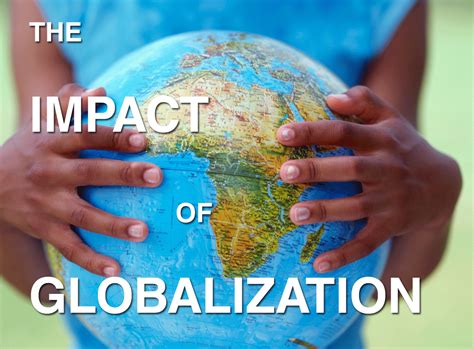Globalization has long been heralded as the great equalizer, a force potent enough to bring not just economies but disparate cultures together under a common banner of progress and shared values. Yet, as we navigate through the complexities of a globalized world, it’s becoming increasingly clear that this was a promise that could not be fulfilled. The idea that the seamless flow of capital, goods, and information would naturally lead to a convergence of ethical, cultural, and social norms was perhaps overly optimistic, if not naive.
One could argue that the economic integration did come to pass; after all, global markets are more intertwined than ever before. However, the anticipated cultural syncretism did not occur at a similar scale. It seems that the materialistic aspect of globalization—trade, capital flow, and market expansions—was mistaken for a deeper, more profound cultural integration that, unfortunately, remained largely on the periphery. This has led to a world where although we might use the same smartphones and drink the same brand of soft drink, our values and social norms diverge significantly.
The discrepancies become more evident when we delve into hot-button issues like abortion, homosexuality, and secularism. For instance, it’s seen that wealthier countries generally exhibit a higher tolerance for such issues compared to poorer nations. This divergence is less about economic status per se and more about the cultural frameworks that precede economic conditions. For instance, the tolerance for diverse lifestyles and beliefs often seen in wealthier Western countries is contrasted sharply by more traditional views in less economically developed regions.
Moreover, the inadvertent effect of economic globalization aggravating cultural isolation and highlighting disparities rather than resolving them cannot be overlooked. As nations got more integrated economically, any cultural or social discrepancy became a point of contention, a clear marker of ‘us’ versus ‘them’. This is particularly noticeable in how different regions respond to global crises, human rights, and international policies, framing these issues through their unique cultural lenses rather than a unified global perspective.
The influence of history and past interactions cannot be underestimated in this context. Countries that have experienced colonialism or have been on the receiving end of Western hegemony often exhibit skepticism towards Western values. In some cases, this is interpreted as a rejection of globalization. However, it could also be seen as a protective measure, a way to preserve cultural identity against an overwhelmingly powerful foreign influence that once dictated terms unilaterally.
This skepticism is further fueled by the reality of economic disparities and the uneven benefits that globalization has brought along. The pain of lost jobs and industries in some parts of the world due to outsourcing and offshoring provides a ripe ground for discontent and the rejection of those cultural norms seen as being imposed from the outside. Economic woes thus translate directly into cultural defiance, complicating the narrative of globalization as a vehicle of united global values.
Technology, while a significant driver of globalization, also plays a complex role in the cultural divergence. The internet and social media, for example, allow for unprecedented dissemination of information but also create echo chambers that reinforce divergent values. These digital platforms, while global in reach, often amplify local, regional, and nationalist perspectives, driving wedges rather than building bridges between different cultural and social groups.
In conclusion, globalization has not been the harmonizing force it was once hoped to be. While it has made certain aspects of our lives undeniably interconnected, it has also highlighted and even deepened the rifts between different societal values and norms. As we move forward, it is crucial for policy makers, leaders, and communities to recognize these divergences and work towards a globalization that acknowledges, respects, and perhaps even celebrates these differences, rather than trying to erase them. The future of globalization lies not in the mirage of uniformity, but in the robust management of diversity.


Leave a Reply